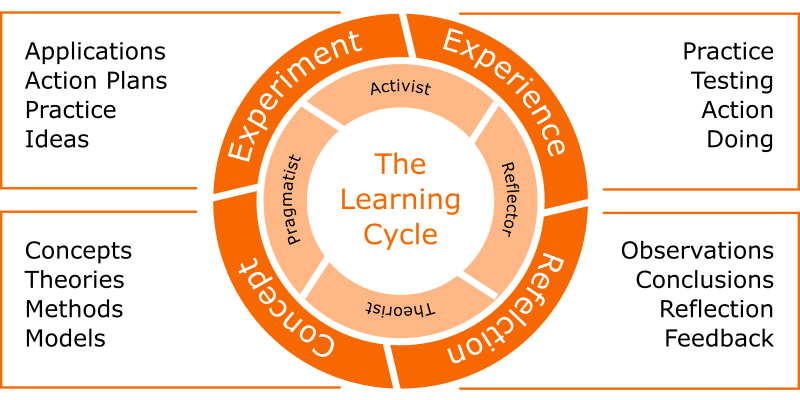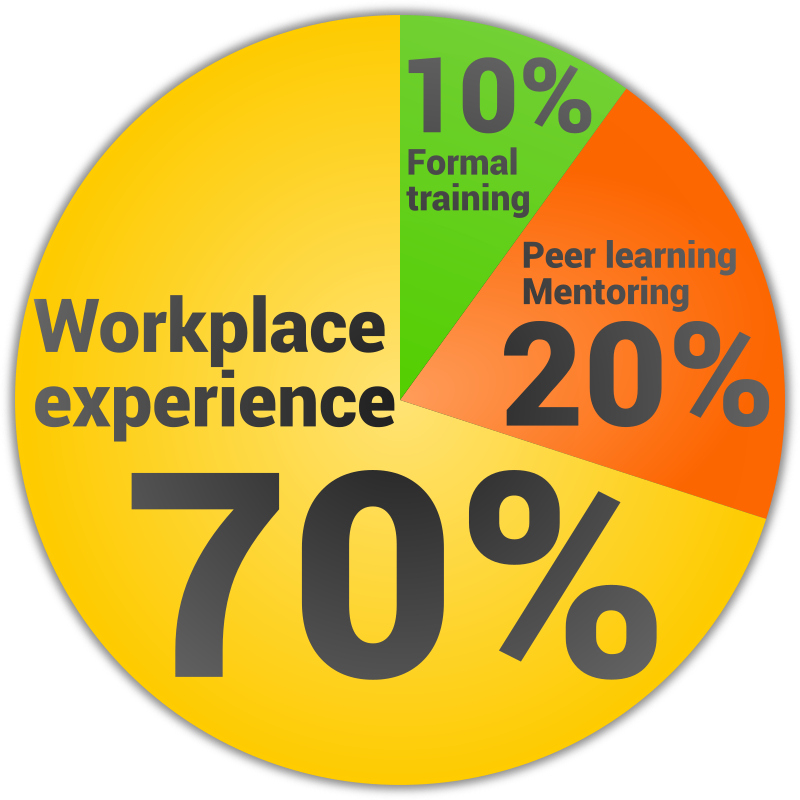Workplace learning is the most straightforward and cost effective way to share knowledge, develop your people and sustain your organisational culture. A few simple practices can transform any routine activity into a learning program.
In the 'old days', workplace learning was the primary way that people learned, 'on the job', from peers, and on apprenticeship schemes. As the workplace education market grew rapidly through the 1980s, more organisations turned towards 'training', and with the mass corporate restructuring programs of the 1990s, workplace learning, at least in any kind of organised sense, largely disappeared, along with the middle managers who had the time to take a close interest in developing their teams.
The concept of workplace learning is of course very much alive, and with the focus coming more onto coaching and mentoring, there is a vital connection between the two.
The 70:20:10 development model introduces the concept that 70% of overall learning comes from the performance of the learner's daily job. This can also include delegated tasks which are new and challenging for the learner.
The remaining learning comprises 20% peer learning and mentoring, and 10% formal learning such as classroom training or online learning.
There is a very simple way that leaders, managers and mentors can turn any routine task into a learning opportunity, and it simply takes a little time, on a regular basis, and some questions.
Regular feedback sessions are very important, simply because if you hold feedback conversations 'on demand', there's never anything important enough to trigger a conversation, and the feedback will be lost. Set a regular frequency for meetings and prioritise them. If the manager or mentor keeps moving the meeting because of 'urgent issues' then what message does that send about the value of people development?
Regular feedback sessions force a discussion, so the learner has to find something to reflect on, some recent event or experience. This causes them to find and discuss learning experiences which they would otherwise discount as being not important or relevant.
The manager or mentor must remain neutral and impartial. Questions such as, "What went wrong?" or "What was your mistake?" discourage learning. In learning, there are no mistakes, because self-guided learning is an experiment which enables the learned to create causal relationships between their action and the result that came from it. What the learner discovers is, "When I do X, Y happens". The decision is therefore whether they intended for Y to happen, and if that is a desirable result.
Equally, talking in terms of success is not useful, because it biases the learner towards only talking about events which win the mentor's approval. The purpose is for the learner to learn, not to get praise and recognition.
Therefore, the only question which the manager or mentor needs to ask is, "What did you learn?"
This simple question causes the process of relection, which is a vital step in the overall learning cycle of experience, reflection, concept, experiment, experience, reflection... etc. which is also the ongoing cycle of how we experience the outside world and then internalise information in order to create future action.

It's not only the process of how we learn, it's the process of how we live, because we are learning in every moment. If you assume that learning only takes place during a training course then you're missing out on the most important opportunity to create valuable, long term learning.

